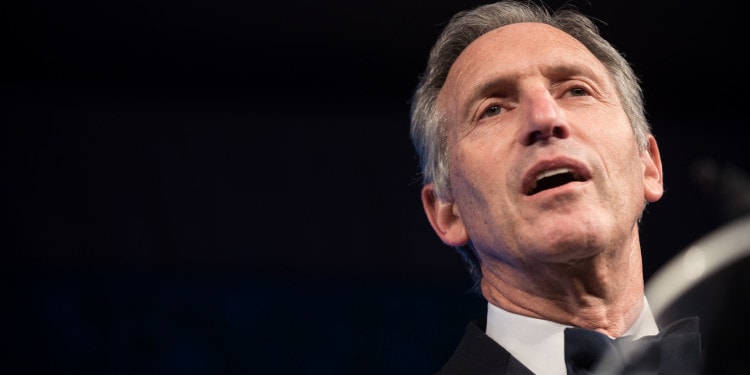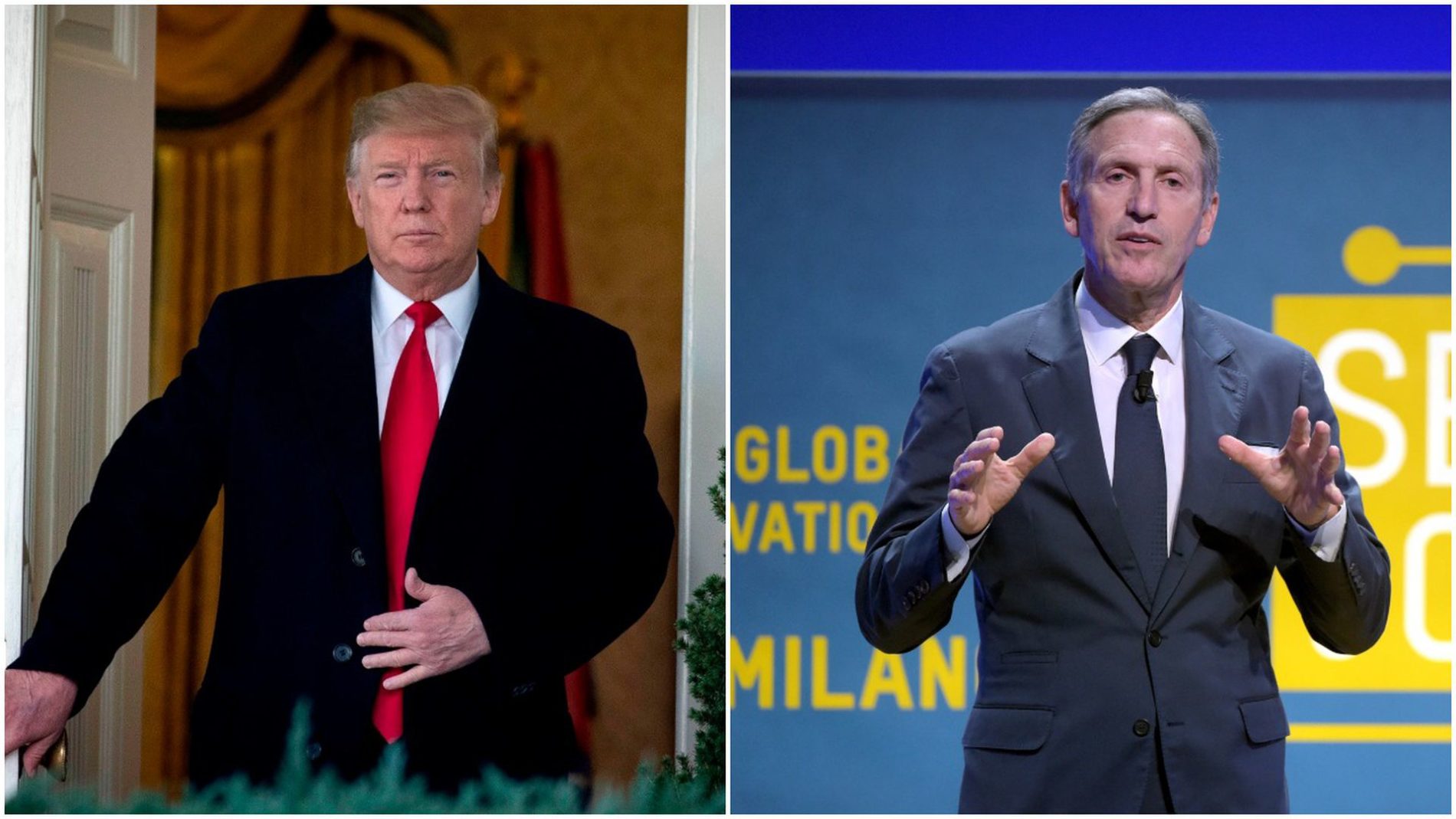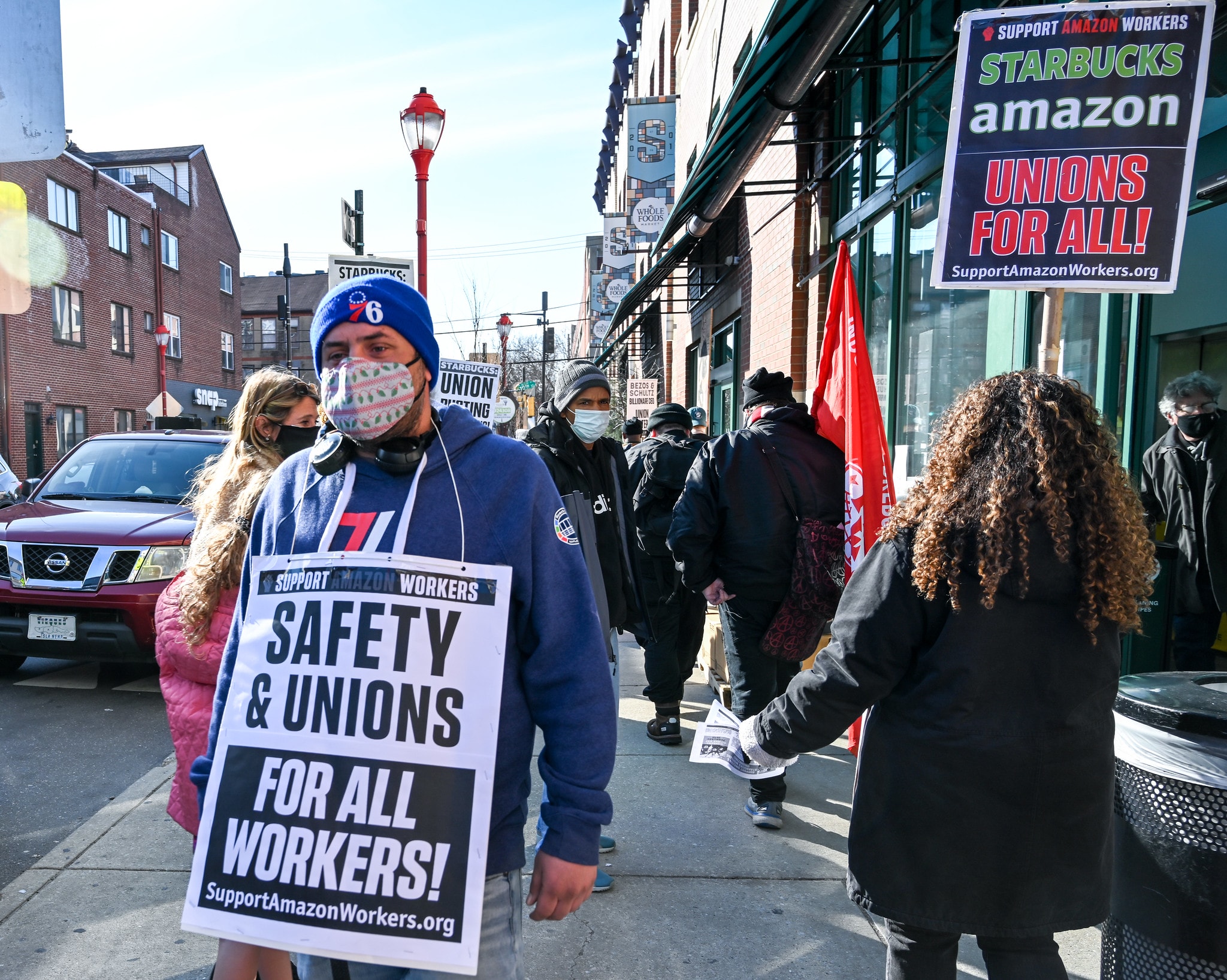Former Starbucks CEO Howard Schultz has been making waves recently in the American political arena, after a recent 60 Minutes interview where he revealed that he is considering launching a presidential bid for the 2020 presidential elections. While that would normally not be cause for too much concern, what makes Schultz’s ambitions more intriguing (and potentially far more influential) is that he is considering running as an independent as opposed to seeking the nomination of one of the two major parties.
Howard Schultz: Trump 2.0?
Comparing Schultz to the last billionaire to run for president, it’s easy to make parallels between him and President Trump. Both have ties to New York, both are attached to corporate brand names, and both are fantastically wealthy. However, to call Schultz a Trump clone would be far from accurate however, most notably in terms of their political views. Schultz, unlike Trump, is less hardline when it comes to immigration, was not in favor of the corporate tax cuts in 2017, and supports stricter gun control measures. It’s no wonder then that some Democrats wanted him to compete in the 2016 Democratic primaries as a foil to Trump due to his alignment with many Democrat positions.
Third Party Candidates: To Spoil, or not to Spoil
It is precisely that alignment, paired with the possibility of him running as an independent rather than a Democrat, that has many Democrats feeling on edge about the potential ramifications of such a move in 2020. While not all third party campaigns have made a noticeable impact on presidential races (including most recently in 2016), enough have made a difference historically to be a potential threat to the two established parties. These include 1824, when four candidates split the Electoral College to the point where none of them had the majority, 1912, the only time a third party candidate (Theodore Roosevelt) received more electoral votes than one of the two main parties (the Republicans’ William Howard Taft), and 1992, when Ross Perot received nearly 20% of the popular vote (although he did not receive any electoral votes). Schultz’s similar views to Democrats have led many people to wonder whether he would siphon away a significant number of votes from the future Democratic candidate, potentially making Trump’s reelection bid all the more easier.
Schultz’s Endgame
As a businessman with zero political or campaign experience, it begs the question why Schultz is even considering running for president in the first place. His official stance from 60 Minutes is that he believes “this president is not qualified to be the president”, and that “both parties are consistently not doing what’s necessary on behalf of the American people and are engaged, every single day, in revenge politics”. But even if that’s the case, there are other ways Schultz can get that message across. He himself admitted that much in a June 2018 interview with CNBC, stating “There’s a lot of things I can do as a private citizen other than run for the presidency of the United States”. So what else could be going on in the background?
One potential explanation for Schultz’s move is that it’s a reaction to the rising power of the leftist wing of the Democratic Party, which has led to new policy proposals being floated around that may threaten his interests. He has already gone on the record opposing Senator Kamala Harris’ proposal to abolish private health insurance, as well as Senator Elizabeth Warren’s tax proposal which would create a 2% wealth tax on those with a net worth above $500 million and a 1% tax on top for those with a net worth over $1 billion, thresholds he would certainly meet. In that sense, running for president is a defensive strategy, designed to make sure his viewpoint is heard and to temper the potential success of leftist Democrats.
Another reason Schultz could have his eyes set on 2020 might be that he intends to use candidacy as a bargaining chip rather than a real move. With an estimated net worth of $3.5 billion he certainly has enough funds to build a sizable campaign war chest, in addition to the threat of stripping votes away from the eventual Democratic candidate. As a result, it’s not outside the realm of possibility that he intends to use that combination to extract concessions from either whoever does take on the mantle of facing Trump, or from the Democratic Party as a whole, steering them to support a candidate he’s more in favor of.
Photo credit: Reuters.com
Rise of Billionaire Candidates
At the end of the day, the decision to run or not run for president is Schultz’s personal right and decision. Regardless of his choice, it does underscore the trend of billionaire candidates coming to the fore in American politics over the last few years. While money and politics have been intertwined in the US since the dawn of the republic, never before have so many ultra-wealthy citizens directly participated in, or considered participating in, the American government system. The story of Ross Perot is an early example of this, which was followed by potential presidential interest from Mark Zuckerberg, Mark Cuban, and Michael Bloomberg over the following years (the latter of whom did succeed in becoming mayor of New York City).
This trend does have its own rationale. At a time when trust in politicians is at an all-time low, it can be tempting for “outsiders” to throw their hat in the ring. That’s especially the case for business leaders who have built massive companies from the ground up and believe they can replicate that success in the public sphere. Much of Trump’s campaign in 2016 revolved around that type of rhetoric, which still resonates with his supporters today. Whether or not another billionaire outsider succeeds in becoming president in the future remains to be seen, along with whether or not Howard Schultz truly intends to try his luck the next time around.
Being this topic a key point for the 2020 race, we would like to list a few key reading materials from other valuable publications:
https://www.yahoo.com/huffpost/howard-schultz-slams-sen-kamala-165251532.html
https://www.politico.com/story/2019/01/29/schultz-warren-tax-plan-2020-1133228















